How much water should you drink a day? Plus, expert tips to help you drink more water
We asked our experts 'how much water should you drink a day?' and the tips and tricks to reach your goal
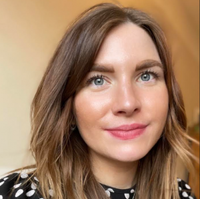
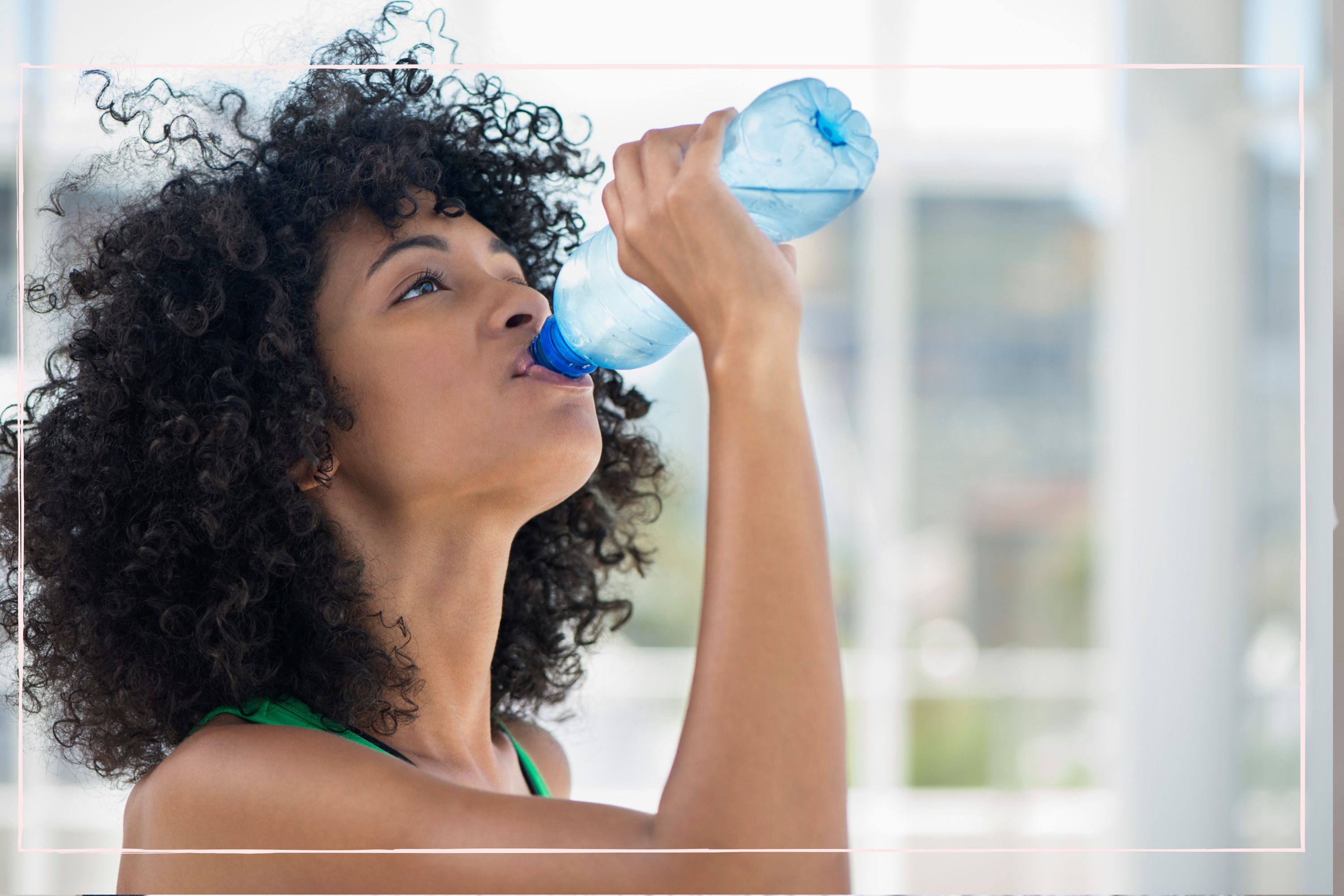
How much water should you drink a day is something we’ve all often asked ourselves, and the advice can sometimes feel confusing.
While we all know there are plenty of benefits of drinking water, such as boosting brain function, helping digestion - and when mixed with salt it even serves as a natural cough remedy - we might feel slightly confused by how much we should be drinking, how often and what counts. "With most things, the water intake varies between individuals, and it’s important to consider internal and external factors when determining the ‘right’ amount of water to drink per day," says dietitian Sasha Watkins.
So, whether you want to know ways to get your kids drinking more water, what impacts how much water you should be drinking each day or how to make sure you're reaching your recommended daily allowance (RDA), we’ve asked our experts for the lowdown.
How much water should you drink a day?
It is recommended you drink eight 8-ounce glasses, which is about 2 litres a day (also known as the 8×8 rule). However, this is not a hard and fast rule. There will be times when your body will require more water.
"On a hot day, you will find you need to drink a lot more or if you visit a hot country because we lose fluid due to increased sweating," says nutrition expert, Penny Weston. “It's important to stay hydrated when exercising because the more you move, the more liquid you will lose through sweating so make sure you rehydrate after a workout. However, that doesn’t need to be all at once but about every 20 or 30 minutes after a workout."
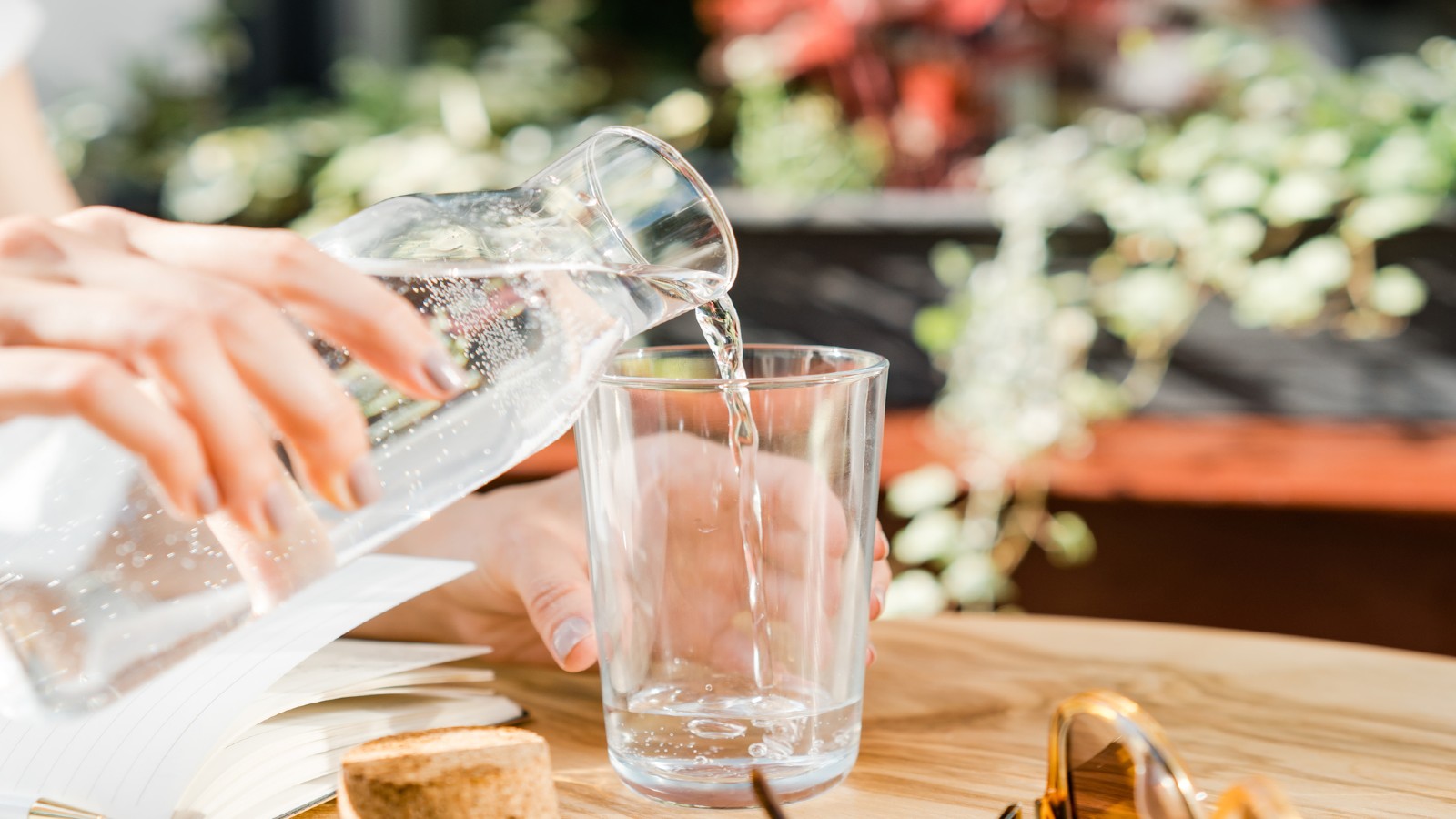
"Women who are pregnant or breastfeeding also need to drink more water because the body is working hard to produce extra blood, tissue and amniotic fluid, or to produce breast milk, which is mostly water," adds Penny.
It's also advised to drink more water if you're unwell – especially if you have vomiting and diarrhoea as this can cause dehydration. The best way to beat dehydration is to drink before you become thirsty. If you're thirsty, you're already mildly dehydrated, and this could cause symptoms such as headache, fatigue, dizziness.
Parenting advice, hot topics, best buys and family finance tips delivered straight to your inbox.
How much water is too much in a day?
There is no set rule for how much water is too much, as this will vary from person to person and depends on external factors, too, such as overall health, the environment, exercise routines and conditions such as pregnancy or breastfeeding.
"Drinking too much water, however, can disrupt your body’s electrolyte and lead to hyponatremia – this is when the sodium level in the blood becomes too low which can affect a variety of bodily functions such as blood pressure. For some people 3 litres may be too much," says Sasha.
Below are symptoms Sasha suggests looking out for as these can indicate you are over-hydrating.
- The colour of your urine: The best ways to determine if you’re drinking enough water is to monitor the colour of your urine. You might be wondering is your urine colour normal? It usually ranges from pale yellow to tea coloured. If the pee is often clear, it is a proof you are drinking too much water in a short span.
- Too many bathroom trips: You go to the bathroom more than usual.
- Nausea or vomiting: The symptoms of overhydration are similar to dehydration symptoms. When you have too much water in the body, the kidneys can't remove the excess liquid, which leads to diarrhoea.
- Throbbing headaches: Drinking too much causes the body's salt levels to go down and the cells to swell. You might be surprised to know this is one of many possible headache causes. How? The swelling causes brain cells to grow in size and press against the skull. This pressure causes a throbbing headache and may lead to brain impairment and trouble breathing.
- Discolouration of the hands, feet, and lips: When you drink too much water you will experience swelling or discolouration of your feet, hands, and lips.
- Weak muscles that cramp easily: When the electrolyte levels decrease because of drinking too much water, the body balance decreases as well. Low electrolyte levels in the body can cause muscle spasms and cramping.
- Tiredness or fatigue: Drinking too much water causes your kidneys to work more than usual to remove the excess amount. This creates a hormone reaction that may make you feel stressed and tired.
How to drink more water
1. Make it more interesting
“If you find plain water a bit boring, try adding some fruit to your drink,” says Penny. “You could try lemons, lime or cucumber. Watermelon and strawberries are also tasty.”
And, don't forget – hot drinks count, too. Herbal teas such as chamomile, peppermint and green tea not only keep you hydrated but are also packed with healthy benefits. For example, chamomile can help reduce menstrual pain and cramps, while a study published in the European Journal of Nutrition shows green tea can help boost heart health by reducing blood pressure and cholesterol levels.
2. Keep track
If you're unsure how much water you're actually drinking each day, make note of when you're hydrating and implement a plan for reaching your RDA.
This could be as simple as making a drink each time you get up or go to the kitchen. Think you'll forget? There's plenty of water tracking apps you can download on your smartphone. You can set your own schedule and they'll even remind you when to have a drink – especially handy if you tend to get caught up in day-to-day tasks, without having a sip of water or a bite to eat.
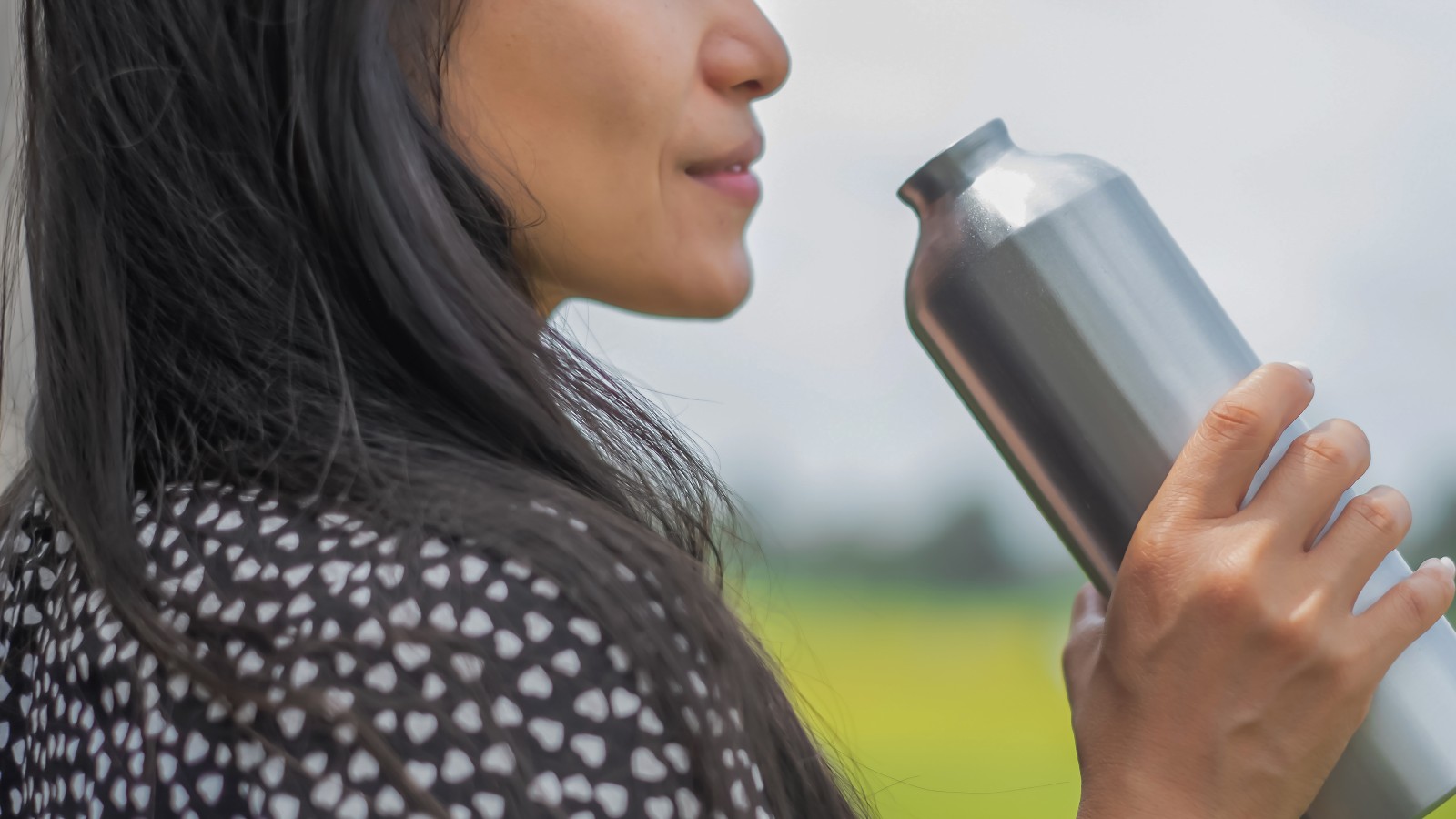
3. Invest in a reusable bottle
Not only do reusable bottles reduce plastic waste, they can also help you monitor how much water you're consuming in a day.
“It can really encourage you to drink more water as you’ll have it with you throughout the day – whether you’re travelling to work, doing the school run or working at the office. It’s a constant reminder to drink more," says Penny. This will also make it easier to keep track of how much water you've had – some bottles are even designed with motivational time markers to help you reach your goal.
4. Eat hydrating foods
Roughly 20% of hydration comes from the food we eat, so it shouldn't be overlooked. "Filling up on fruit and vegetables with a high water content is a great way to increase your daily water intake," says Penny.
These include:
- Cucumber: Water content = 95%
- Tomatoes: Water content = 95%
- Romaine lettuce: Water content = 95%
- Celery: Water content = 95%
- Peaches: Water content = 89%
- Yogurt: Water content = 85%
5. Create a routine
Getting into the habit of drinking your RDA of water can make a big difference. It takes two months, or 66 days, to be exact, to form a habit according to a study published in the European Journal of Social Psychology.
“Set a reminder to drink a large glass of water when you wake up or before you clean your teeth,” says Penny. “Have a small glass of water before bed too." If you make drinking water part of your routine, it will eventually become a habit – meaning you won't even need to remember to do it!
6. Start every meal with a glass of water
Drinking before every meal isn't only a great way of keeping track of how much water you're drinking but it can also help you to shift unwanted pounds, and is especially helpful if you want to know how to lose weight without diet or exercise.
“It’s a good idea to start every meal with a glass of water,” says Penny. “It means you get into the habit of drinking with a meal too. It may also help reduce the number of calories you consume." This is because the water will trick your body into thinking you're full.
Video of the Week
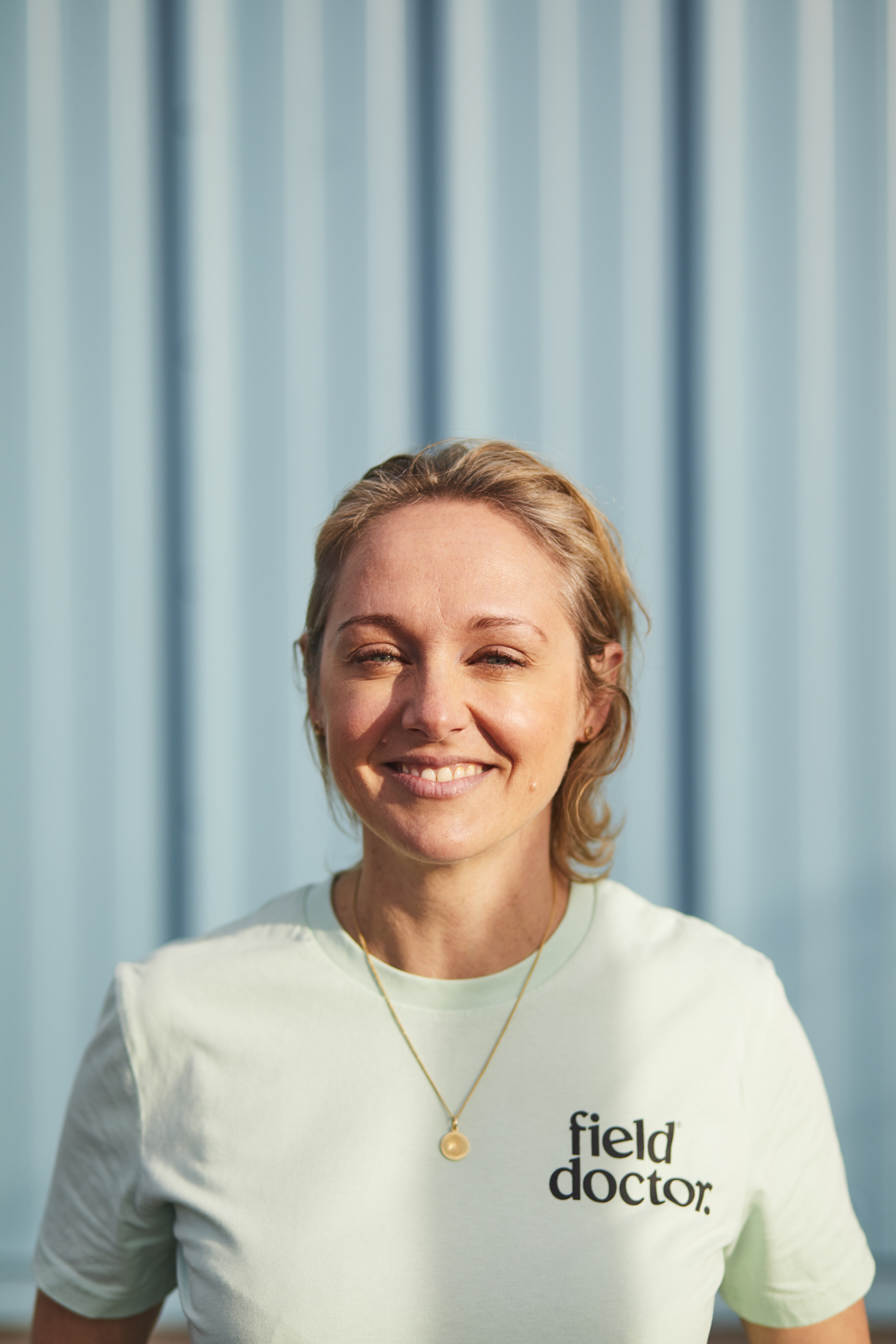
Sasha Watkins is an award-winning dietitian. Sasha has dedicated her career translating nutrition science into healthy meals and better health - and is the co-founder and Chief Science Officer at Field Doctor. She has gained a BSc (Hons) Nutrition & Dietetics at Kings College London, and a Master of Science at the Universirt of Southampton. She is passionate about food-based nutrition, gut health, allergies & intolerances, eating more sustainably and simply making the world a healthier place, one meal at a time.
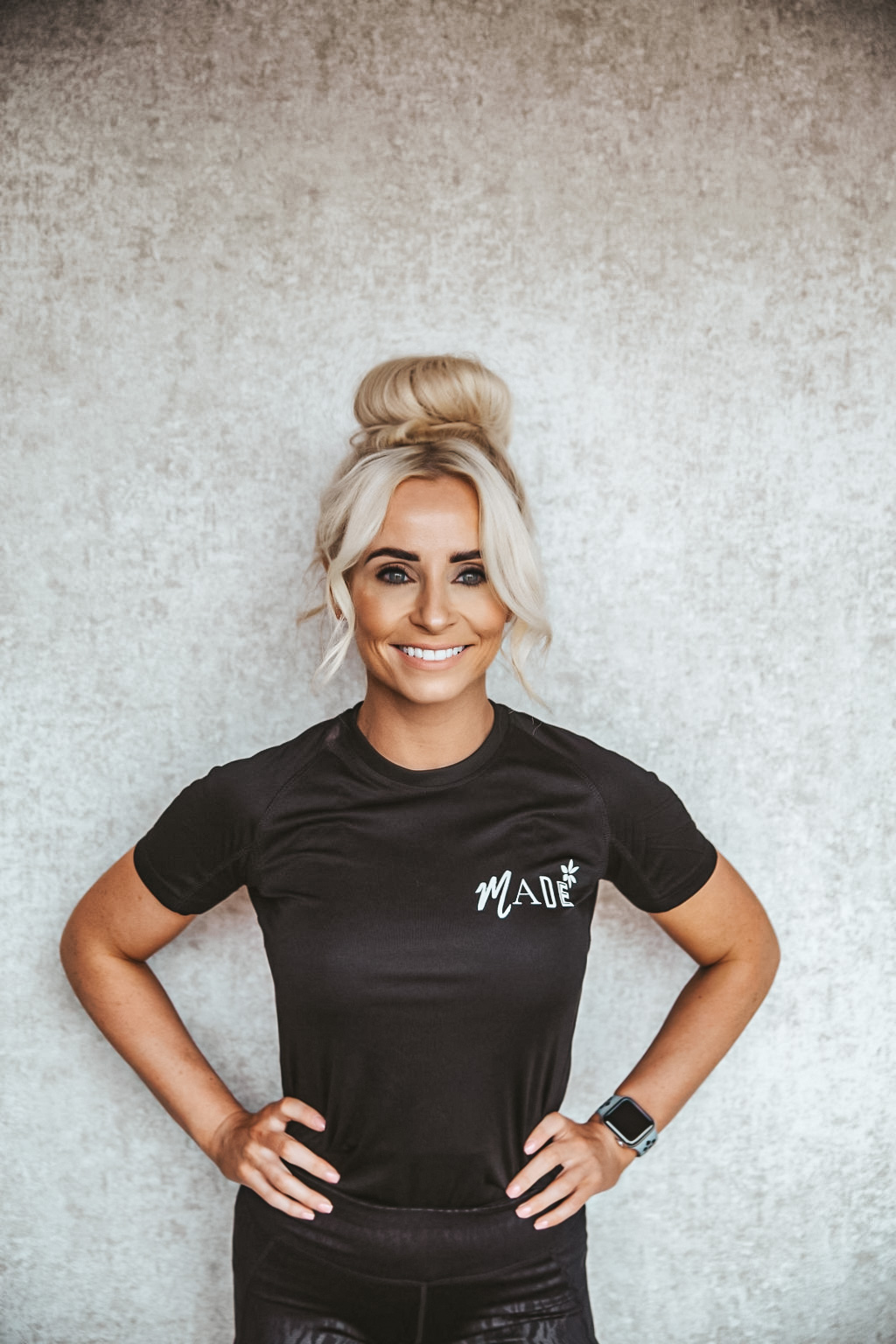
Penny is a fitness, wellness and nutrition expert, and the director of Moddershall Oaks Country Spa Retreat and founder of MADE, a 360 degree wellness centre. She is accredited by the Royal Society for Public Health (RSPH) and certified by the Association for Nutrition (AfN).
Rose Goodman joined Future Publishing in 2020 and writes across Goodto.com, Woman & Home, Woman, Chat and Woman’s Own magazines. Prior to pursuing her career as a writer, Rose obtained a degree in psychology and went on to work in adult mental health for five years at Addenbrooke’s Hospital, Cambridge, specialising in eating disorders. She is fully trained in first aid, medical emergency response and motivational interviewing – a directive, patient-style counselling approach to address ambivalence in recovery. She graduated with a MA in creative writing from the University of Brighton in 2017. In her spare time she enjoys writing poetry and attending literary events, and offers weekly support to those living with homelessness. Rose has a passion for raising awareness around mental illness and the importance of prioritising our wellbeing.
